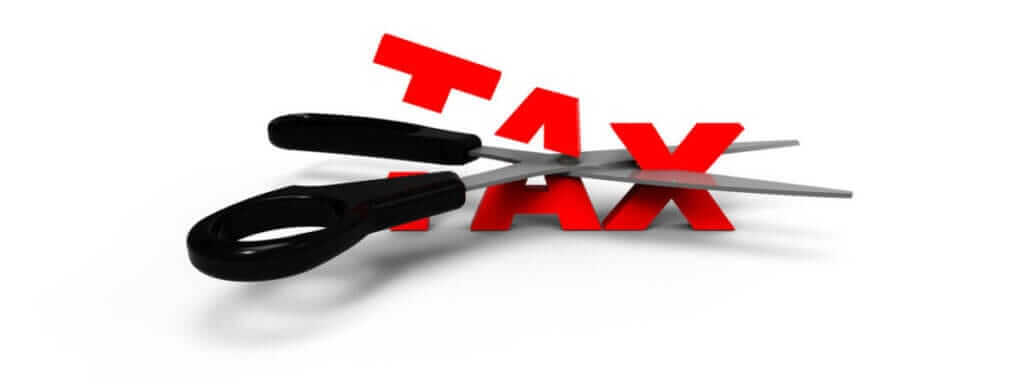This week the U.S. Supreme Court declined to hear an appeal by two California-based cannabis companies that were seeking a relief from federal tax bills totaling $1.9 million under Section 280E.
The simple reason for this had nothing to do with the basis of the appeals but simply because both companies had failed to submit them within the allowed time period. Not only is this an unfortunate result for the businesses concerned but it also means that the court is avoiding hearing the arguments over the position of legally operating marijuana businesses suffering the effects of a tax law designed to penalize criminals.
What is Section 280E
Section 280e, enacted in 1982, says:-
No deduction or credit shall be allowed for any amount paid or incurred during the taxable year in carrying on any trade or business if such trade or business (or the activities which comprise such trade or business) consists of trafficking in controlled substances (within the meaning of schedule I and II of the Controlled Substances Act) which is prohibited by Federal law or the law of any State in which such trade or business is conducted.
As far as the IRS is concerned this means that any business, even where legally permitted to do so under state legislation, cannot claim relief for business costs that normal companies can deduct when determining taxable profits. Their argument is that marijuana, at Federal Level is an illegal substance, and that any trading is caught by section 280e.
Items such as rent, services, wages, equipment, marketing and advertising costs, accounting and others are all non-deductible. The only costs which can be claimed are the acquisition costs of products sold and any related expenses such as transport.
This means that in many cases businesses operating legally under state laws are subjected to federal tax liabilities up to 60-80% as a result of Section 280E disallowance of deductions. For many businesses that can mean that after paying operating costs, that are not deductible, and federal tax they are making a loss and the business is simply not sustainable.
Just to make matters, although any business might find itself subject to a tax audit, it seems the IRS has determined that audits of cannabis business result in higher than normal rewards in terms of underpaid tax and applicable penalties. It seems that this has resulted in a concerted effort to target cannabis businesses for audits with agents being briefed on how to approach them to secure maximum results.
As we have commented previously the House of Representatives passed the Marijuana Opportunity Reinvestment and Expungement Act (the “MORE Act”), which would decriminalize cannabis on the federal level and provide retroactive expungement for certain marijuana offenses. If this law was passed by the Senate this would decriminalize cannabis, and the unfair 280E tax treatment for the legal cannabis industry would be eliminated as a result. Unfortunately, as things currently stand the chances of this being passed by the Senate seem somewhat remote, and there is even a possibility that if it did President Biden might not sign it into law.
In the meantime, cannabis businesses have to live with the situation and are advised to take appropriate advice from accounting firms who are specialists in interpreting tax law, especially 280e, to find as many ways as possible to reduce their liabilities and avoid the possibility of suffering the effects of an IRS Audit.






